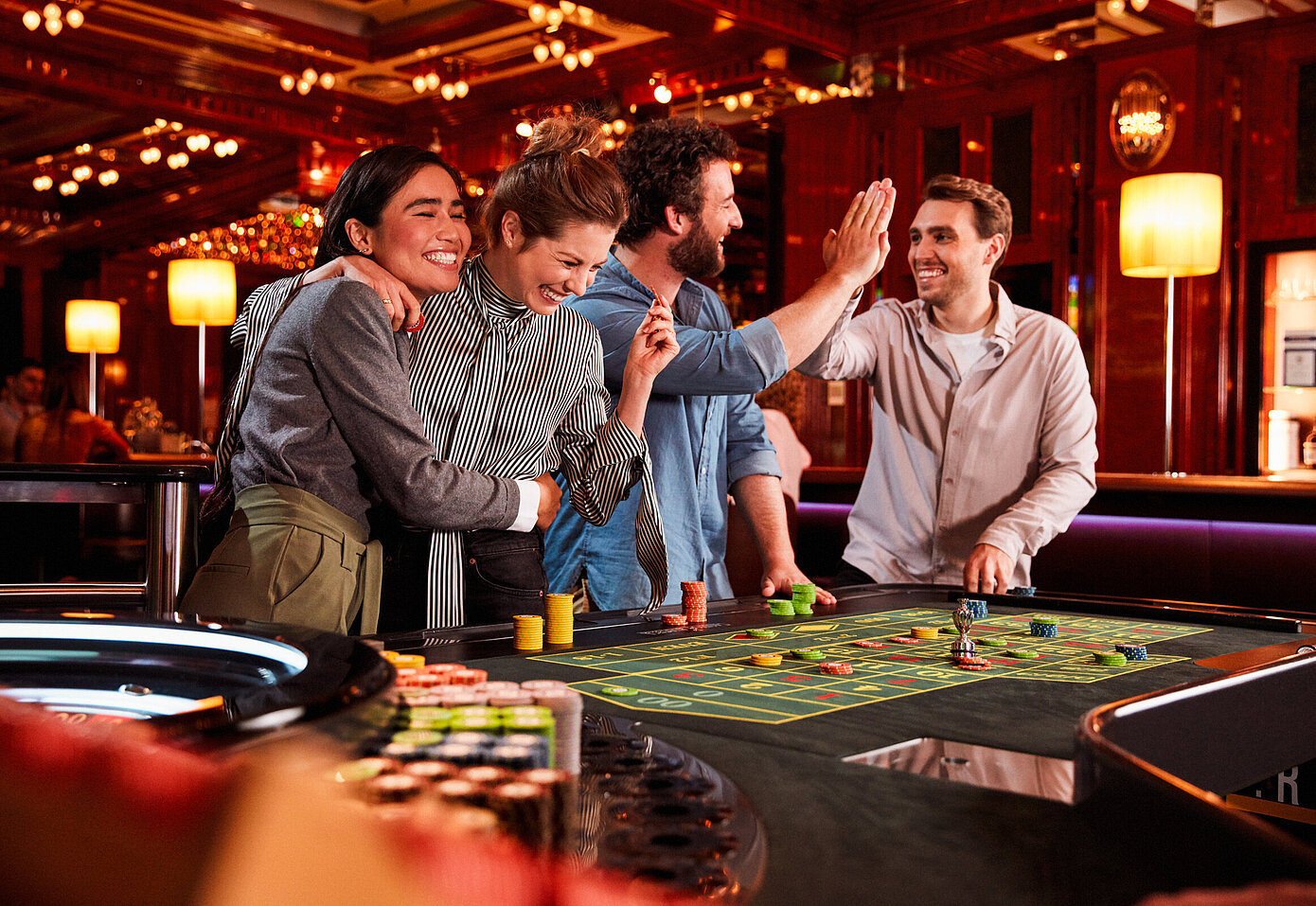A Button That Promises Power
In the digital halls of Casinoly, thousands of players spin every day, chasing wins and enjoying the rhythm of reels. Yet among the flashing lights and animated icons, one small feature creates an outsized psychological effect: the stop button.
For many players, tapping this button feels like seizing control – interrupting the machine’s cycle at just the right moment to influence the outcome. But does it really work that way? Or is the stop button a carefully designed tool to give the illusion of influence, making the experience more immersive without changing the underlying randomness?
The Psychology of Control in Gambling
Why We Crave Influence
Humans are wired to prefer environments where our actions matter. In uncertain situations, we instinctively search for patterns and levers we can pull to change outcomes.
Control Illusions in Everyday Life
The stop button in casino games is just one example of a broader human bias:
- Crossing the street faster by pressing the crosswalk button (most are timed regardless).
- Feeling like a thermostat “works” instantly when adjusted (many have delayed systems).
In each case, the interaction satisfies our need for agency – even if it has no real effect.
How the Stop Button Works in Modern Slots
Pre-Determined Outcomes
In most regulated online casino environments, the result of a spin is determined the instant you press spin, thanks to the random number generator (RNG). Pressing stop:
- Does not change the final symbol arrangement.
- Only shortens the animation sequence.
Why It Feels Like It Matters
Ending the spin early creates a temporal link between action and result. This link tricks the brain into thinking the outcome is tied to player timing.
The Origins of the Stop Button
The feature has roots in:
- Mechanical slots: Early electromechanical machines let players physically stop reels, though the stopping mechanism still didn’t affect the final outcome.
- Arcade culture: Video games often allowed players to interrupt sequences, leading to the belief that similar mechanics in casinos could “beat the system.”
The Illusion of Influence Explained
The Illusion of Control Bias
Psychologist Ellen Langer’s studies in the 1970s showed that people behave as if they have control over random events when given minimal engagement:
- Rolling dice themselves instead of letting someone else roll.
- Choosing lottery numbers instead of having them assigned.
The stop button is the slot machine’s equivalent – a ritualized action that mimics control.
Why It’s So Effective at Casino and Beyond
Immediate Feedback
Pressing stop produces an instant result, satisfying the brain’s craving for cause and effect.
Personalization of Luck
When players win after stopping the reels themselves, they attribute the outcome to their skill or intuition, reinforcing the habit.
Case Study – “I Know It’s Random, But…”
Amelia, a seasoned online slots player, admits:
“I understand RNG. I know stopping early doesn’t change it. But it feels different. Like I’m breaking the pattern. Sometimes I hit stop just to prove I can still surprise the game.”
This demonstrates cognitive dissonance: knowing the logic but still feeling the magic.
The Role of Game Design in Sustaining the Illusion
Visual Cues
- Reel acceleration and deceleration simulate physics, making the stop seem like a skillful interception.
- Sound effects often sync with the button press, further linking action to outcome.
Emotional Reinforcement
Some games deliver small wins shortly after stop presses, purely by chance, but these moments stick in memory and strengthen the sense of control.
The Intersection of Control and Flow State
In psychology, a flow state is total immersion in an activity. The stop button:
- Gives players more touchpoints with the game.
- Reduces passive waiting.
- Keeps attention anchored, preventing distraction.
This makes the session feel more engaging, even if statistical outcomes remain unchanged.
The Risk of Over-Attribution
When Control Becomes Overconfidence
Believing in influence over the game can lead to:
- Longer play sessions.
- Higher bets during perceived “hot streaks.”
- Chasing losses under the belief that timing can “fix” outcomes.
Memory Distortion
Players remember wins they “caused” and forget losses where the same action had no effect – a selective memory loop.
Why Casinos Include the Stop Button Anyway
From a responsible gaming perspective, including a stop button:
- Increases engagement without altering fairness.
- Meets player expectations – especially for those accustomed to physical slots.
- Provides customization of experience (fast vs. full animations).
For operators, the feature balances entertainment value with strict compliance to RNG fairness.
Breaking the Illusion Without Breaking the Fun
Transparency Is Key
Many platforms now display RNG disclosures and tutorials, clarifying that:
- The outcome is already decided when the spin starts.
- The stop button is purely for pacing.
Optional Engagement
Players can choose auto-spin for hands-off play or manual stop for an active feel, letting them set the emotional tempo of their session.
An Unusual Expert Perspective – The “Illusion Buffer”
Some gambling psychologists suggest that harmless illusions like the stop button can have benefits:
- They give players a sense of participation without altering fairness.
- They may reduce frustration in long losing streaks by providing more micro-decisions.
This “illusion buffer” can act as an emotional cushion, preventing disengagement.
Recognizing the Line Between Engagement and Misbelief
Healthy Engagement
- Using the stop button for pacing.
- Knowing it doesn’t change the outcome.
- Enjoying the interaction as part of the game’s sensory design.
Risky Misbelief
- Thinking timing changes odds.
- Increasing stakes after a “successful” stop.
- Using the stop button as a strategy rather than a preference.
Final Thoughts – The Button as a Mirror
The stop button isn’t just a piece of UI – it’s a mirror reflecting our human tendency to seek influence over uncertainty. On platforms, it adds personality and rhythm to the game, but the real power lies not in altering outcomes, but in shaping the experience.
If you understand that, you can press it for fun – not for fate.

